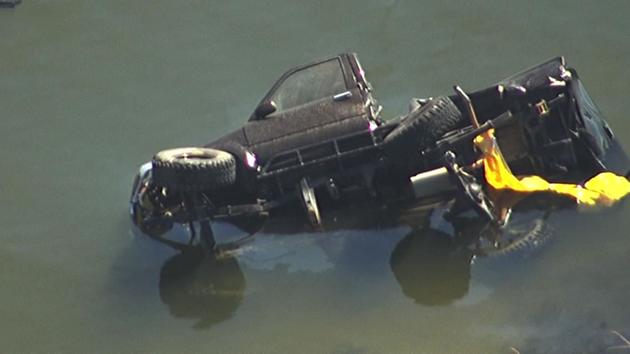If dying in a plane crash is acceptable to you then have at it, Hoss. Nobody is trying to take away your freedoms.
Actually, that is exactly what happens when you set arbitrary goals like this. When the "volunteer" program doesn't get the desired results, then follows the regulation.
The vast majority of GA accidents are easily preventable and cutting the rate in half would still be going after low-hanging fruit.
I don't know how long you have been flying, but in my experience over the 15 years of studying this stuff and watching trends and human behavior is, that the only way you're going to get the accident rate cut in half, is to identify the "low hanging fruit", or "poor" pilots and prevent them from flying altogether. Not so easy.
We all more or less get the same training and we all have the same rules, but some just do it their own way and no amount of safety seminars, or magazine/web articles is going to change their ways. After all, we're
all above average pilots, right?
I personally enjoy FAA Safety Team events and am more conscientious of factors that affect the safety of my hamburger runs. If there's even the slightest chance that I'm going to be one of the people spared by cutting the rate in half then let's do it. I volunteer to be a survivor.
See, you're already doing what helps. You were doing it even before Mr. VanGrunsven wrote his article. The point is, some people naturally gravitate towards a culture of safety and others just don't. Unless you're going to mandate it, it pretty much is what it is. People have been preaching safety for decades with marginal success.
BTW, the safety record has over all gotten better over the last two decades due to changes in training, more education and new technology, but to my point, even though there have been improvements, clearly some don't think it's good enough, so where does it all end? At what point do you declare GA "safe"?




